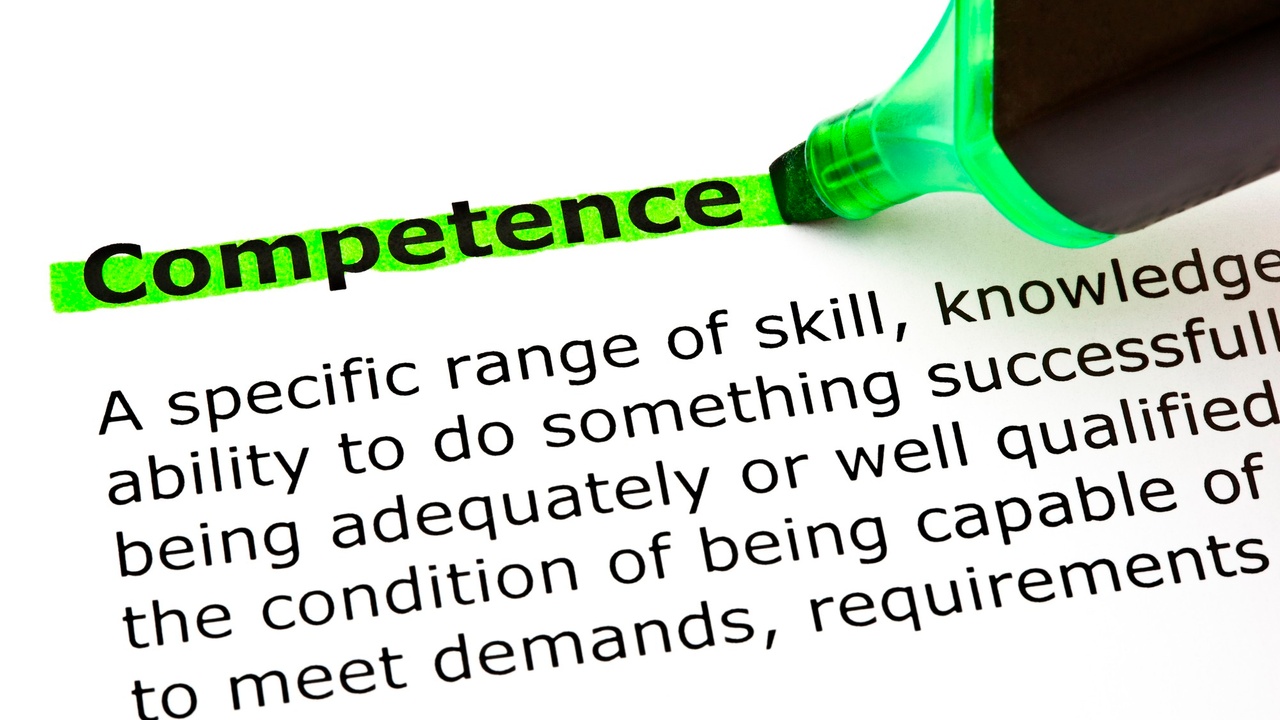
By Graham Acreman
I was upset. Really upset. And angry too.
I was 6 months into my new business and had just finished a conversation with my friend Steve. He had started consulting about the same time as me. While I had decided to start my own business, Steve had decided to join a firm,
"The consulting thing just isn't working out", he said.
“I’m going back to a ‘Regular’ job”, he added.
Now Steve is a highly educated individual. He has multiple degrees, an impressive resume, and is down-to-earth. He’s a very likable person.
What upset me is not that he's returning to gainful employment but that the consulting firm he had joined had let him fail. I could understand if he was trying to go solo and failed, but in my view, the firm he had joined had a responsibility to help him succeed – and they didn't do their job.
I saw the first sign of trouble when I met Steve for coffee about two months into his consulting gig.
I asked him about the type of clients he was looking for so that I'd be able to keep an eye out for potential leads for him. Steve answered with a lengthy, technical narrative about the work he did. It did not answer my question. When I tried to get clarification, I ended up getting more of the technical detail about what he provided.
Steve could tell me what he did functionally but he couldn’t express his value proposition. I was flabbergasted.
Again, if he was working on his own, then maybe I could discount it to being green, but considering he was working for a firm, I thought it was unconscionable on the firm's part. They had an obligation to help him be able to market himself.
When I started my consulting and coaching business, I initially had the same issue. The difference is, when I realized what I was saying wasn't resonating with my prospective customers, I knew I had to change gears.
The really troubling part is, I see the same scenario all the time. Consultants or business owners who are wonderful, smart people who don’t know how to express their value proposition or sell themselves.
What is a value proposition?
We all have something to offer: our skills, experience, and services.
Let's say you're an accountant. Sure, many people need one to prepare their financial records and do their taxes, but why should they hire you over your competitors? If you can express your value proposition early on, you can set yourself apart from your competition.
An accountant doesn't just do accounting services. Their value lies in putting their clients' finances in order and giving them the peace of mind they deserve.
Ask yourself, "What problem do I solve?" If you know the answer to that question, you can market your business more effectively.
And that’s what will draw clients to you. Your value proposition tells them what makes your services useful for them in ways that are different from the competition. This is the focal point for your business.
Here are three tips that should help you refine your value proposition.
-
Identify your client's true needs.
While it might sound obvious, your target client's needs can help narrow the focus for your value proposition. People just want to lead a less complicated life. They want solutions. If you can communicate how you can ease your client's burdens, you've already set yourself apart from your competitors and begun to identify your value proposition.
Let's say you're an accountant who specializes in small businesses and entrepreneurs. Small-business owners may need help organizing their finances or navigating complex tax laws.
You can utilize your clients' pain points to make yourself more beneficial to them. Show them that you understand their most pressing problems and that you know how to solve them.
-
Show your value
An effective value proposition has three key elements. You need to hit all three elements to drive your point home.
Start by explaining in simple terms what you do. Pretend you’re speaking to a class of grade 8’s. What services or products can you provide to your target client?
Next, explain the benefits of your service. Features are great, but what does the customer gain from the transaction?
Finally, detail the outcome. What are the short-term or long-term results of your product or service?
Use this formula to show the value of your services.
For instance, an accountant could have a value proposition that's similar to this:
"I help entrepreneurs navigate their financial issues by organizing their records and providing strategic advice, allowing them to focus on other aspects of their business."
-
Simplify your statement
Your value proposition should be simple, concise, and easy to understand. If you have to use flowery language or jargon to convey what you can offer to your clients, then you need to simplify it further. Distill what you do to its core essence.
One way to gauge whether your value proposition is effective is to pitch it to someone - preferably someone who doesn't know what you do.
If they can understand it from the get-go, then you've succeeded. If they look confused or uncertain then you need to work on it some more.
A final word
It is absolutely essential that you be able to clearly define your unique value proposition. It will literally make the difference between success and failure.
Need help defining your Value Proposition?
Let’s talk. Book a free Discovery Call
Get Strategies, Tips, & Tactics
Subscribe to the Acreman Business Roundup and get weekly updates that will help you grow your business and build the lifestyle of your dreams.
We hate SPAM. We will never sell your information, for any reason.






